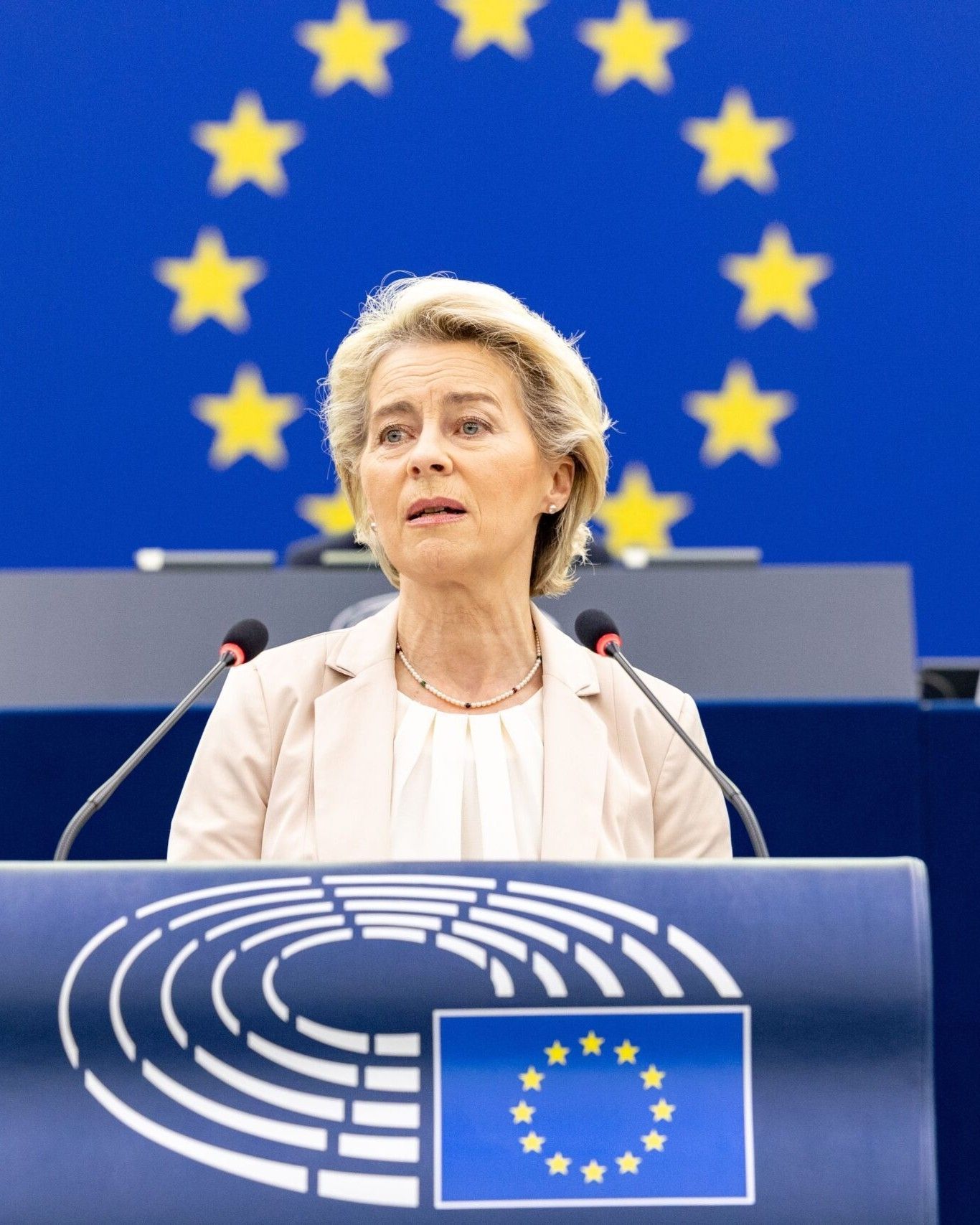
Why is the European Union decreasing laws for sustainability in fashion? The new bill does not even consider supply chains
Last Wednesday, the European Union presented a new sustainability law proposal. The rules, which fashion companies and brands must adhere to, are actually much more "watered down" than previously anticipated: at a time when the fashion industry is entangled in multiple ethical and environmental scandals related to its production system, the EU’s backtrack represents a huge risk for both the environment and the sector. The new proposal simplifies some of the most important regulations that control the ecological impact of the fashion system, such as the Corporate Sustainability Reporting Directive and the Corporate Sustainability Due Diligence Directive. The first, which requires companies to report information on their environmental impact and present a plan to counteract it, only came into force this year; the second protects human rights and raises awareness among companies about environmental damage with severe penalties. The problem is that, with the U.S. and European elections shifting the political balance to the right, leadership is favoring the reduction of green laws in favor of profit, as demonstrated by the statements of LVMH CEO Bernard Arnault. After attending Trump's inauguration ceremony, he stated that France should «do like the United States and appoint someone to reduce bureaucracy».
Now, the European Commission wants to cut by 70% the amount of information companies must publish regarding their environmental impact and limit by 80% the number of companies involved in the Corporate Sustainability Reporting Directive. By referring only to companies with more than a thousand employees and a turnover exceeding 50 million euros, with this modification, the EU would be trying to give smaller companies more time to adapt to the new laws. At the same time, while the penalties for those violating the Corporate Sustainability Due Diligence Directive initially amounted to 5% of the company’s global turnover, they will now be significantly lower, and its implementation has been postponed by a year to 2028. Moreover, regulations protecting human rights and the environment will no longer apply to the supply chain but only to direct contractors.
While until recently the EU was making great strides towards a more ethical fashion industry, the new regulations represent a sudden backtrack for the entire sector. They reopen the environmental voids that have been created in recent years by careless fashion companies, allowing them to resume their previous harmful practices, not only to the detriment of the Planet and workers but also of the reputation of European craftsmanship (including Made in Italy). To favor business economic growth, Europe is loosening legislative restrictions, leading to a reduction in bureaucracy that, if further diminished, could forever undermine the EU’s climate progress. Furthermore, less transparency does not necessarily translate into better economic performance: as Nicole Rycroft, Founder and Executive Director of Canopy, explained to us, fashion companies actually do not benefit from cutting sustainability investments. Besides, «consumers increasingly expect transparency and meaningful actions», states Rycroft, «and conventional supply chains are becoming more volatile due to the climate crisis», making a sustainable approach a guarantee of stability. «Sustainability is not a short-term cost center but a creator of long-term value.»














































